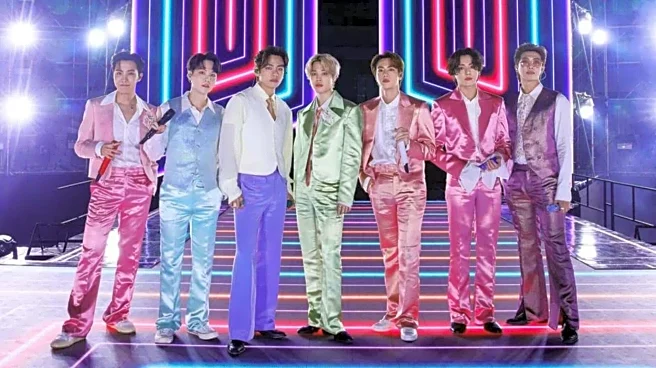The US has announced a $100,000 fee per H-1B visa application and higher prevailing wage requirements, marking the most significant shake-up in the H-1B program’s history. Under the new rules, employers
must pay H-1B workers at or above market wages for their role and location.
The $100,000 fee applies to new visa petitions. However, it is unclear whether it will apply on renewals.
Current H-1B holders inside the US face no immediate cost, but holders outside the US at the time of the rule change (e.g., traveling or on vacation) cannot re-enter unless their employer files a petition with the $100,000 payment.
These changes could substantially increase costs for both Indian IT firms and US companies sponsoring H-1B workers, while also reducing access for smaller IT companies.
H-1B approvals – FY24 (USCIS)
Indians continue to dominate H-1B approvals:
- Indians: ~71%
- China: 11.7%
- Other countries: ~17%
Total petitions approved: 3,99,395
- Initial employment: 1,41,205 (35.5%)
- Continuing employment: 2,58,190
(Source: USCIS FY24 H-1B Characteristics Report)
Although the H-1B cap is 85,000, ~1,40,000 visas were approved citing exemptions.
Top H-1B visa recipients (FY24)
Indian IT companies (Source: USCIS H-1B Employer Data Hub)
| Company | FY24 approvals |
|---|---|
| Infosys | 8,137 |
| TCS | 5,272 |
| Wipro | 1,636 |
| Tech Mahindra | 1,199 |
| Total: 16,244 |
Major US and global companies (Source: USCIS H-1B employer data hub)
| Company | FY24 approvals |
|---|---|
| Amazon.com Services LLC | 9,265 |
| Microsoft Corporation | 3,853 |
| Meta Platforms (Facebook) | 2,750 |
| HCL America | 2,952 |
| Ernst & Young US LLP | 3,978 |
| Capgemini America | 3,097 |
| Deloitte Consulting LLP | 2,689 |
| Top 4 American firms: 38,170 (~2.3x top Indian IT firms) |
While Indian nationals dominate approvals, US companies now sponsor a higher absolute number of H-1B workers, highlighting their dominance in new H-1B petitions.
Implications for companies
- Cost burden: 16,000 H-1B visas for top Indian IT companies would cost ~$1.6 billion — roughly 8% of their combined FY24 EBITDA of $18.6 billion.
- Small and mid-sized IT companies could be priced out of the program.
- Indian IT firms have reduced reliance on H-1Bs through local hiring, automation, and nearshoring. H-1B usage by Indian IT dropped from ~46,000 in FY19 to ~24,766 in FY24.
US tech and consulting firms such as Amazon, Microsoft, Meta, and EY remain among the largest H-1B recipients.
Prevailing wage requirements
Employers must pay H-1B workers at or above prevailing wages, tied to role and location. This aims to prevent wage undercutting but could affect existing employees and raise costs for sponsoring companies.
Potential impact on the H-1B program
The higher visa cost could make the H-1B program unsustainable in its current form, prompting Indian IT companies to increase offshoring and nearshoring.
The changes are a major hurdle, but not existential for Indian IT firms. Near-term disruption may occur in existing programs, especially for employees outside the US during the rule change.
/images/ppid_59c68470-image-175836004140660041.webp)








/images/ppid_59c68470-image-177096510334513942.webp)
/images/ppid_59c68470-image-177096513967066327.webp)
/images/ppid_59c68470-image-177096502906732579.webp)

/images/ppid_a911dc6a-image-177096503287281705.webp)
